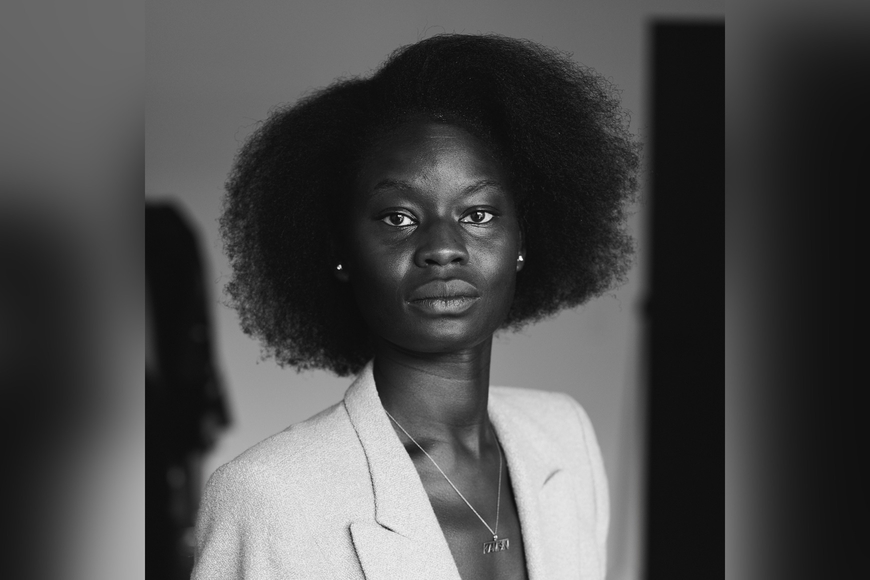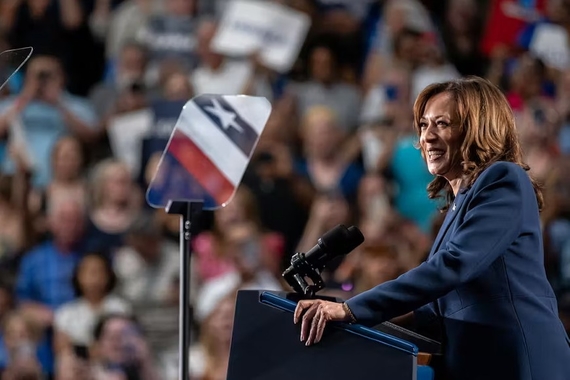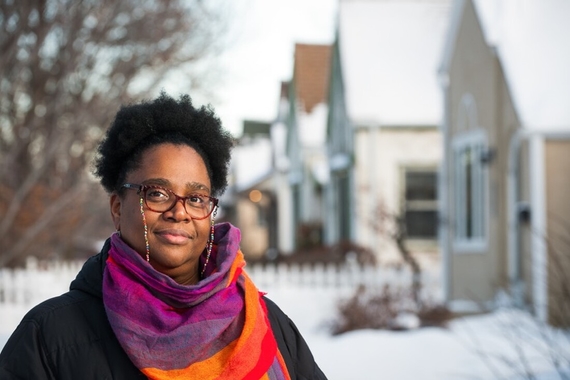Graduating Senior Spotlight: Q&A with Sarah B Kamsin
Hometown: Minneapolis, MN
Major: Political Science
Activities you are involved in: Legal Advocacy, Arts
Did you participate in any student organizations, Learning Abroad programs, research or internship opportunities, or other related experiences? How have you learned from them?
I participated in independent research and internship opportunities. There are many advantages to taking this route and I would recommend these courses for any student who is curious and motivated about independent coursework.
During spring 2023, I enrolled in POL 3080, completed an internship at Tubman as a criminal and civil legal advocate, completed internship credits with Professor Paul Sooper, and wrote a paper titled “Domestic Violence and Technology” which analyzed how abusers use technology to intimidate or harm victims. These courses contributed a total of 11 credits towards my degree.
During my internship, I attended court on behalf of domestic violence victims and communicated victim input to the prosecutor and primary advocate for followup. I received the spring 2023 MAEFEL Scholarship and the summer 2023 Mulhollem Cravens Leadership Scholarship for this nine-month-long, unpaid internship.
At Tubman I learned to be a better advocate for myself and others. I learned how to use the law as a tool to help others and that agency is a vital step in the transition from victim to survivor of trauma.
Why is a liberal arts education important to you?
A liberal arts education has many advantages. It can help a person learn how to navigate a changing world and think through complex problems. For me, completing a liberal arts education was important because it was a vital step towards moving forward with goals such as becoming a lawyer.
In my opinion, a liberal arts education is characterized by a well-rounded curriculum and is important because it exposes a person to diverse ideas and cultures. A liberal arts education helps me connect with different kinds of people and appreciate their perspective.
What have you learned about yourself during your time in CLA?
During my time at the University of Minnesota, I have learned many things about myself including that my passion is to be an advocate for others, particularly those who experience trauma at home. Being a CLA student taught me about my passion for family law, which I did not recognize before my time here. Understanding this passion helped me learn to be a better advocate for my own education and helped me mold my education to fit my individual needs.
If you could go back and give your first-year self one piece of advice, what would it be?
If I could go back and give my first-year self one piece of advice, I would advise myself to take more time before deciding on a major and to take advantage of the Minnesota Transfer Curriculum. This in-state curriculum can be completed at a local community college; it makes the transfer to a four-year university much easier by accomplishing all the required coursework before diving into your major or moving on to a more expensive four-year college. I took advantage of some of these opportunities, but if I could go back I would advise myself to explore my interests at a community college before settling on a major and committing to a four-year university.
What's next for you? What are your post-graduation plans?
After graduation, I plan to attend law school and hope to matriculate in fall 2023. The application process has been difficult and I am undecided about what kind of law I want to study, but I am optimistic about the opportunities that lay ahead.



